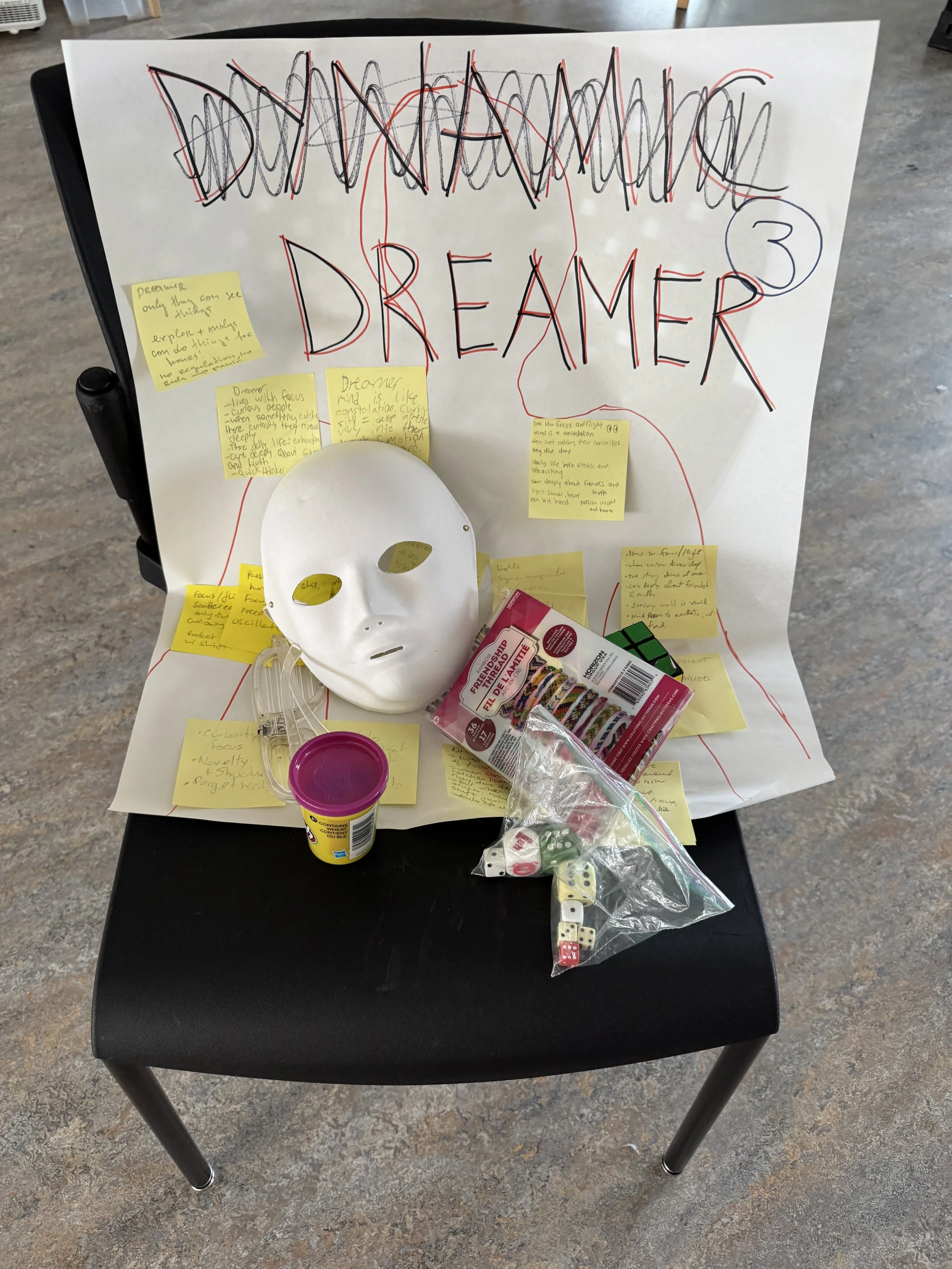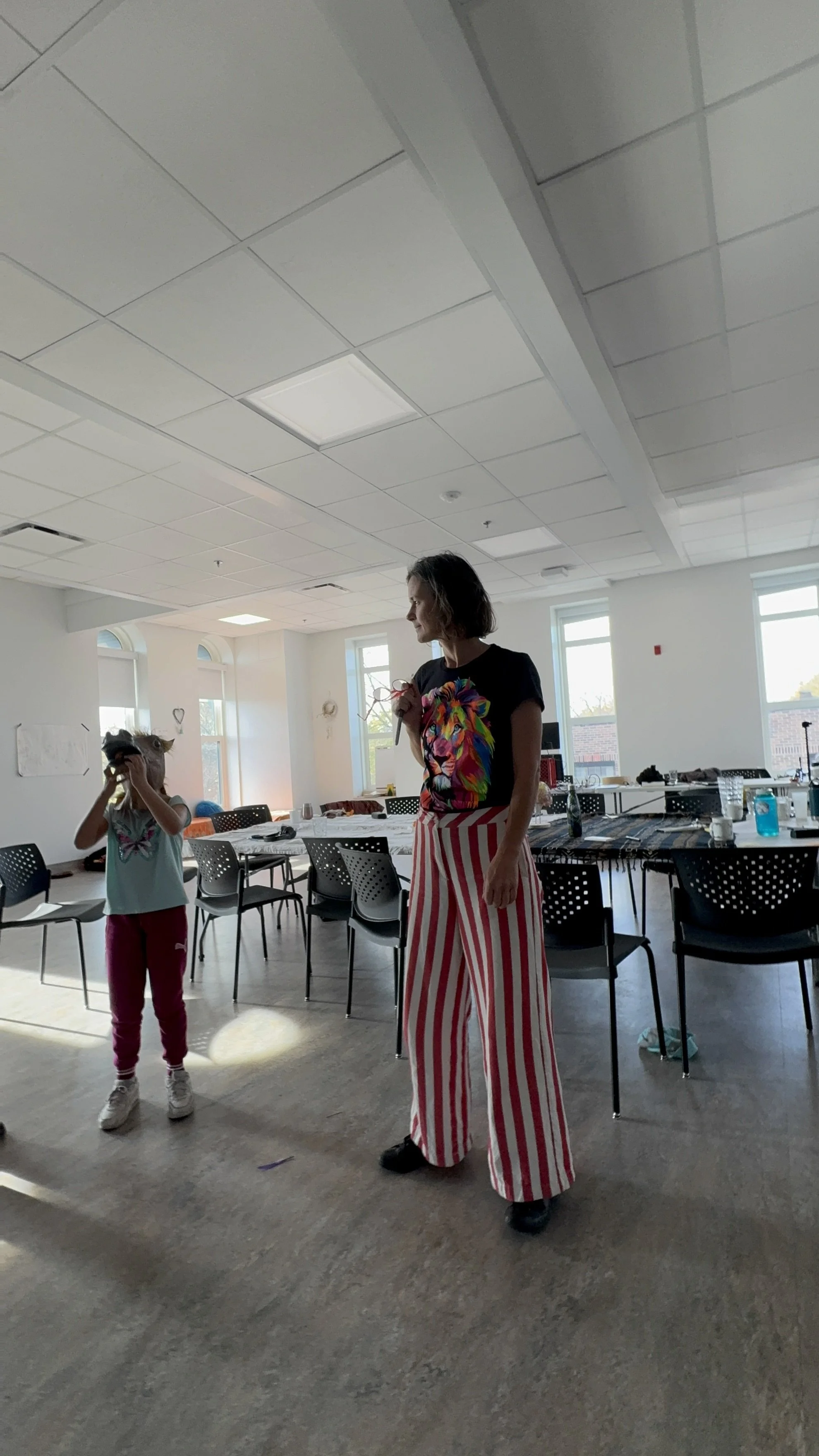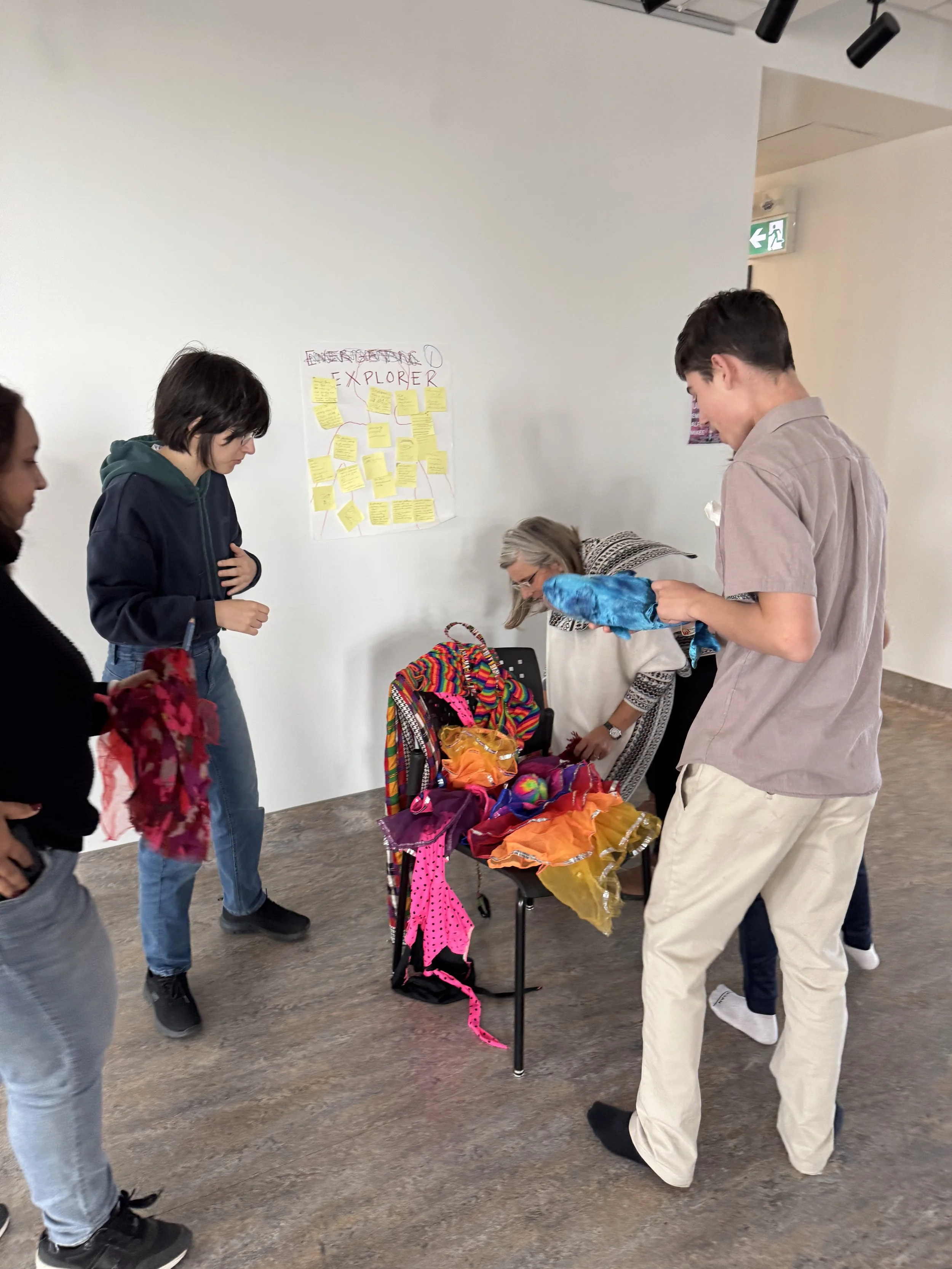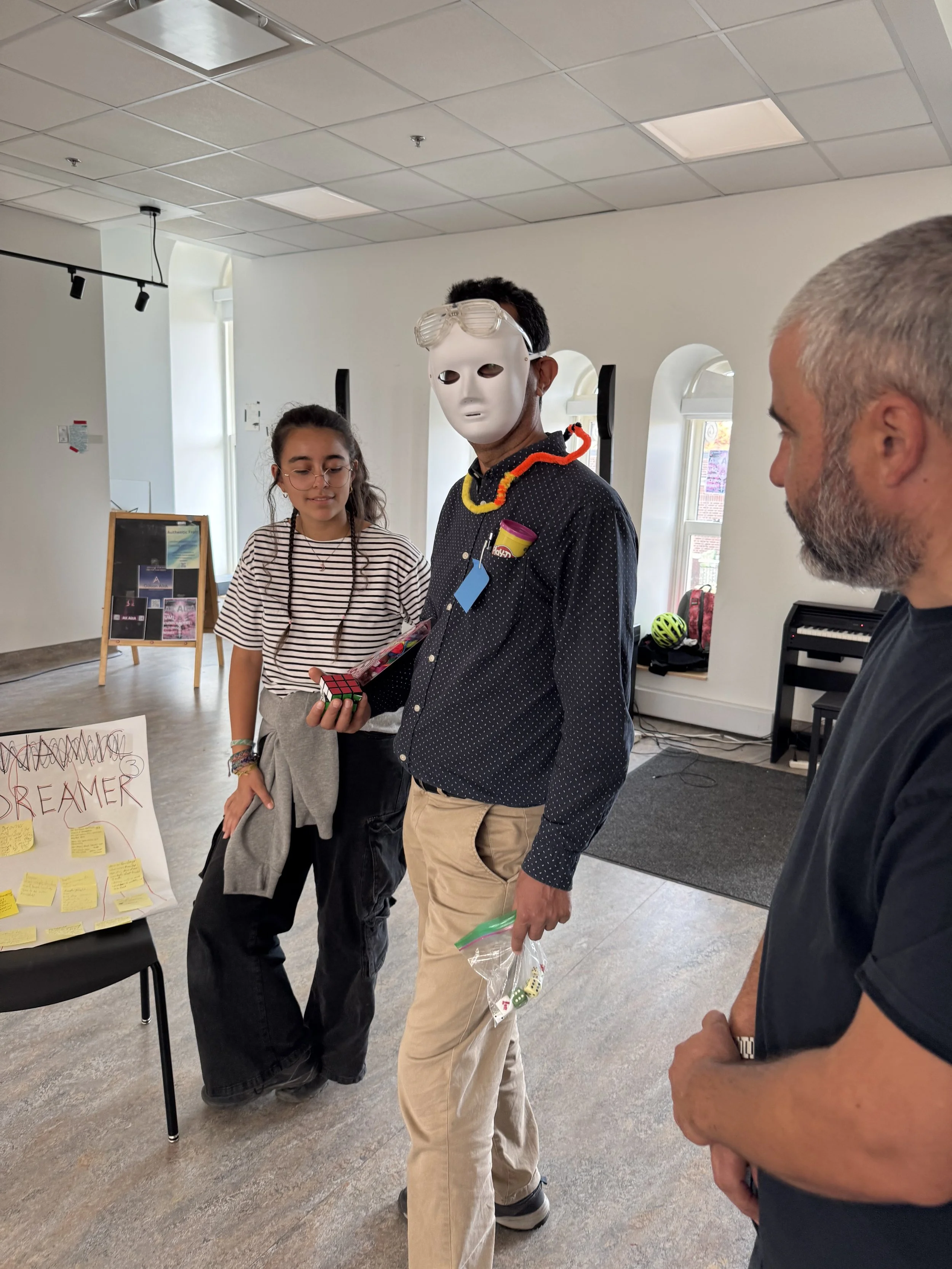
Connection Lab: Understanding Neurotypes
For “neurodivergent” and “neurotypical” minds to better understand ourselves and each other and develop skills to remain in connection; even (or especially) when stuff feels hard
What we will do?
Using creativity and play, we will learn neuroscience and do activities that help us feel more connected to each other, understand how we each experience the world, and learn to read and communicate emotions and needs better.
Through this playful approach, we will learn how to:
Build stronger relationships
See things from others’ points of view
Read emotions and behaviors from a brain and body perspective
Practice new ways to communicate and support each other
Neuroscience content will focus on “neurotypical”, ADHD, autism and combined AuDHD neurotypes.
We will also explore why certain ideas about what’s considered “normal” can be limiting or unhelpful.
What will you get out of it?
By the end of the session, you will:
Feel more connected and seen
Have new ways to support others
Understand more about other’s needs, sensitivities, and strengths
Have practical tools and language you can use right away
This is about building understanding, trust, and confidence in each other.
Who is this for?
Educators, coaches, therapists, leaders, and parents who want to understand neurodivergence better.
All neurotypes: so-called “neurotypical” and “neurodivergent” alike
Age 16+ (or get in touch if you have a younger kid you think would be a good fit)
People who are interested in being there and able to be an active participant
Attend alone or with someone you care about: your parents, your kids, your partner, your colleague.
Why are we doing this?
We often want to feel more connected, but it can be hard to understand each other - especially when people think, feel, or process things differently.
We want to challenge limiting ideas about “normal", and the social constructs that categorize us and cap our collective potential.
We want to spread a better understanding of neurotype experiences and celebrate the value of neurodiversity.




